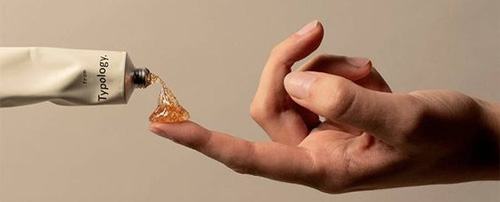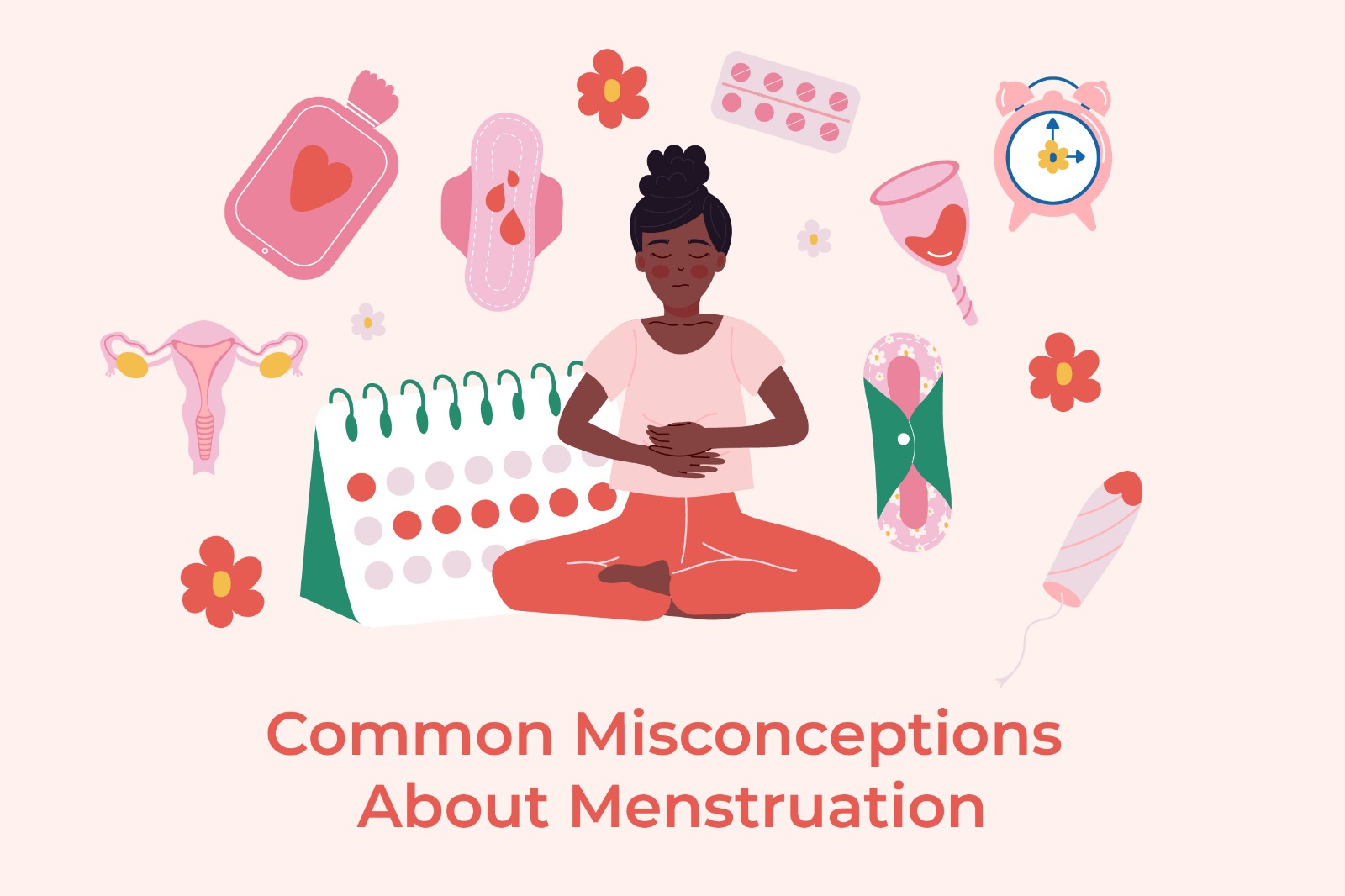Menstruation is a natural and healthy process for girls and women of reproductive age, during which the uterus sheds blood and tissue through the vagina. Menstruation is a phase of the menstrual cycle, a series of biological changes in a girl’s or woman’s reproductive system that prepare the body for a possible pregnancy. These changes are driven by hormones, which are natural chemicals produced by the body. Menstruation involves the shedding of the uterine lining along with the remnants of the unfertilized egg. After this, estrogen levels rise, causing the uterine lining to thicken and become spongy once more.
Although a person’s menstrual cycles may be regular and predictable, they can also fluctuate, especially in the first few years after menarche. Certain changes, like a missed period, may indicate pregnancy.
-
Menstruation is Unclean or Impure
- A common misconception is that menstruation makes a person unclean. In reality, menstruation is a natural biological process, essential to the reproductive cycle, and is not a sign of impurity.
-
Women Shouldn’t Exercise During Their Period
- Some believe that physical activity should be avoided during menstruation. However, exercise can help alleviate menstrual symptoms such as cramps and mood swings, and it’s perfectly safe to stay active.
-
Periods Should Always Be Regular
- While many expect menstruation to follow a strict 28-day cycle, menstrual cycles can naturally vary from person to person and even from month to month. Stress, diet, and health conditions can affect cycle length.
-
You Can’t Get Pregnant During Your Period
- Although it’s less likely, it is still possible to get pregnant if you have unprotected sex during your period, especially for those with shorter or irregular cycles. Sperm can survive in the body for several days, potentially leading to pregnancy.
-
Tampons Can Get Lost Inside the Body
- Some believe that tampons can get “lost” inside the body. This is a myth. The cervix prevents anything from entering the uterus, and a tampon can be safely removed if the string is accessible.
-
Menstrual Blood Is Dirty
- Menstrual blood is not “dirty” or harmful. It is simply a mix of blood, tissue, and nutrients from the uterine lining that the body sheds when there is no pregnancy.
-
Menstrual Pain is Normal, Even if Severe
- While mild cramping is common, severe pain during menstruation is not normal and could be a sign of an underlying condition like endometriosis or fibroids. It’s important to consult a doctor if period pain is extreme.
-
Women Can’t Swim During Their Period
- Many believe that women should avoid swimming while menstruating. In fact, with the use of tampons or menstrual cups, swimming is completely safe and comfortable.
-
All Women Get PMS
- Not every woman experiences premenstrual syndrome (PMS). Symptoms like mood swings, bloating, or fatigue are common for some, but not universal.
-
Periods Stop in Water
- There’s a myth that periods stop when you’re in the water, such as while swimming or bathing. While water pressure may slow the flow, menstruation does not completely stop.
-
Young Girls Shouldn’t Use Menstrual Cups or Tampons
- Some think menstrual cups or tampons are unsuitable for young girls. However, both are safe for menstruators of all ages when used correctly. Choosing between products is a matter of personal preference and comfort.
These misconceptions often stem from cultural beliefs or a lack of comprehensive education about menstruation. Understanding the facts can help normalize the conversation around periods and empower people to make informed choices about their menstrual health.


